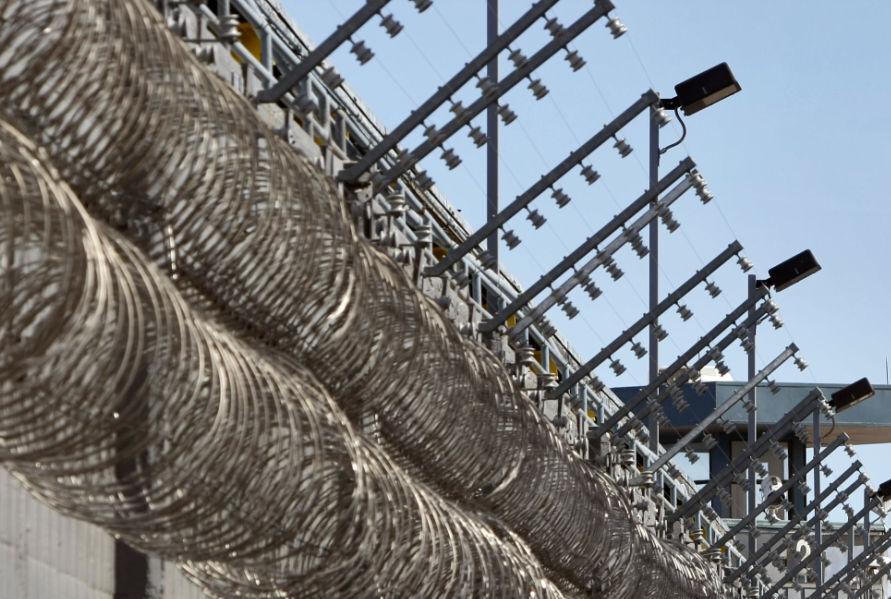PHOENIX — A federal judge has thrown out a lawsuit claiming that private prisons used by the state violate constitutional protections including a prohibition against slavery.
In an extensive ruling, Judge Douglas Rayes rejected arguments made by attorneys for the state NAACP that because the private prisons benefit financially from their contracts with the state they are getting the “fruits of prisoners’ economic value and labor.” The lawyers also argued that those contracts have effectively transformed the prisoners into property.
But Rayes said none of that provides evidence that the arrangement violates the 13th Amendment prohibition against slavery.
“Plaintiffs have not alleged any facts showing the Arizona Department of Corrections, Rehabilitation and Reentry prisoners in private prisons are forced to perform labor akin to traditional notions of slavery or involuntary servitude,” the judge wrote. Instead, he said, the plaintiffs “present a novel legal theory that mere confinement in a private prison reduces a prisoner to a commodity.”
The ruling drew an angry response from Charles Fanniel, president of the state NAACP.
“His suggestion that there is no proof that African-Americans are discriminated against in the criminal justice system is so completely out of touch with reality it suggests other factors at work,” he said in a prepared statement.
Contacted by Capitol Media Services, Fanniel declined to explain what “other factors” he believes influenced the judge’s decision.
“I’m just going to leave it like that,” he said. “I’m going to let them figure it out.”
But Fanniel said courts have interpreted the 13th Amendment to also preclude “badges and incidents of slavery.” And that, he said, means public or private widespread behavior aimed at a specific racial group “that has previously been held in slavery, that mimics the law of slavery, or that has the potential to legal subjugation of the target group.”
He said the legal action will proceed “because freedom and equality of all Americans must be not just a spoken value but a lived reality.”
But it wasn’t just the slavery argument that failed to convince the judge.
Rayes was no more sympathetic to claims that the arrangement to have the state pay private companies to house inmates violates the Eighth Amendment prohibition against unusual punishment. He said that would require proof that the inmates were being denied “the minimal civilized measure of life’s necessities.”
“The court has no located any specific allegations of the use of excessive force, lack of safety, or the denial of adequate food, clothing, shelter, or medical care that would constitute the denial of ‘the minimal civilized measure of life’s necessities,’” the judge wrote.
Instead, Rayes said, the lawsuit appears to speculate that violations could occur as a result of cost-cutting measure taken to increase profits.
The lawsuit also said private prisons have a financial incentive to cite inmates for discipline problems because that would keep them behind bars longer.
But Rayes said it is not the private prison operators who make discipline decisions but a hearing officer who is a state employee. And appeals are taken to the deputy warden who also works for the state.
Finally, the judge rejected the claims of denial of equal protection.
“Plaintiffs do not allege that the privatization statute discriminates on the basis of race, alienage, or national origin,” Rayes said. Such a classification would require him to review the prison contracts on a “strict scrutiny” basis, one that looks at whether there is a compelling governmental interest in the policy.
But since they are not members of a legally “protected class,” the judge said all he needs to determine is whether there is a “rational basis” for the state’s policy of using private prisons.
In this case, he said, there is, saying the contracts require a cost savings to the state and must offer “a level and quality of services that are at least functionally equal to those that would be provided by this state.”
At last count there were 6,923 inmates, all male, in private prisons. That amounts to one out of every five male inmates committed to the custody of the department.
There also are 3,560 female inmates, all in state-run facilities.





